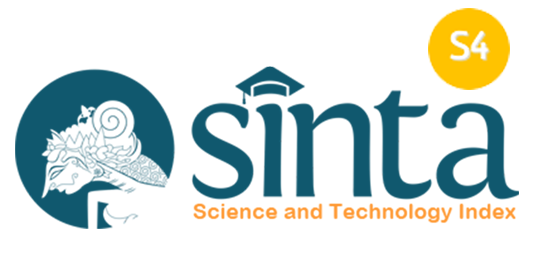SLOW STEAMING IMPACT ON CONTAINER SHIP’S FUEL CONSUMPTION AND CARBON EMISSION, CASE STUDY: SURABAYA-MAKASSAR ROUTE
DOI:
https://doi.org/10.12962/j27745449.v5i2.1009Keywords:
Slow Steaming, Fuel Consumption, EmissionAbstract
This research investigates the implementation and environmental impact of "slow steaming" as an innovative method in maritime transportation, focusing on the route from Surabaya to Ambon. Utilizing a container ship model with a capacity of 100 TEUs, the study examines resistance data, engine power requirements, and the selection of a main engine aligned with sustainability goals. Slow steaming's influence on fuel consumption and emissions is analyzed, emphasizing cost-effectiveness and environmental benefits. The study extends to sailing route calculations, highlighting reduced oil consumption during slow steaming. Additionally, the research calculates the Energy Efficiency Existing Ship Index (EEXI), crucial for assessing and improving energy efficiency in compliance with International Maritime Organization regulations. The analysis of the container ship scenarios reveals optimal operational conditions and financial performance. In the Round-trip Full Load scenario, peak profitability is achieved at 77% engine load (10.5 knots), yielding Rp50,376,332,800.00 profit. In the Round-trip 1.5 Load scenario, maximum profit occurs at 54% engine load (9.5 knots), resulting in Rp21,245,220,000.00 profit. Bunkering costs, constituting 30-50% of the total cost, significantly influence economic dynamics. The Energy Efficiency Existing Ship Index (EEXI) peaks at 11 knots (31,166.06552) and reaches a minimum at 9.5 knots (22,518.17557). These insights offer guidance for optimizing maritime operational parameters and financial outcomes.








